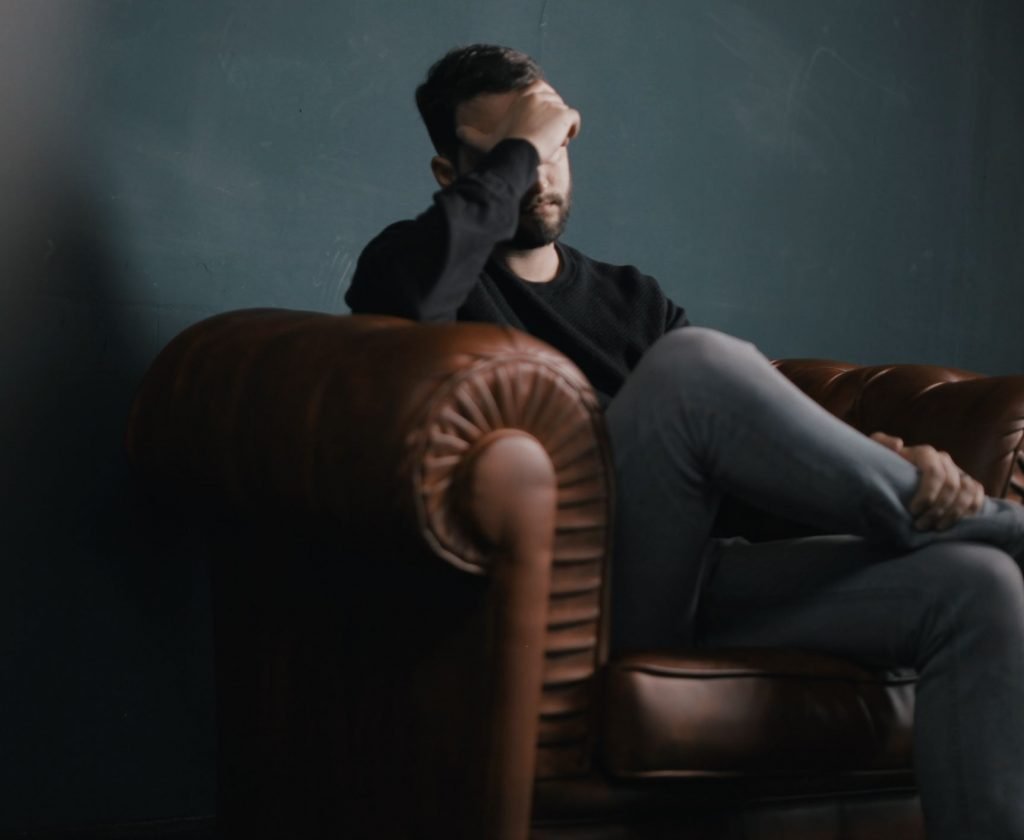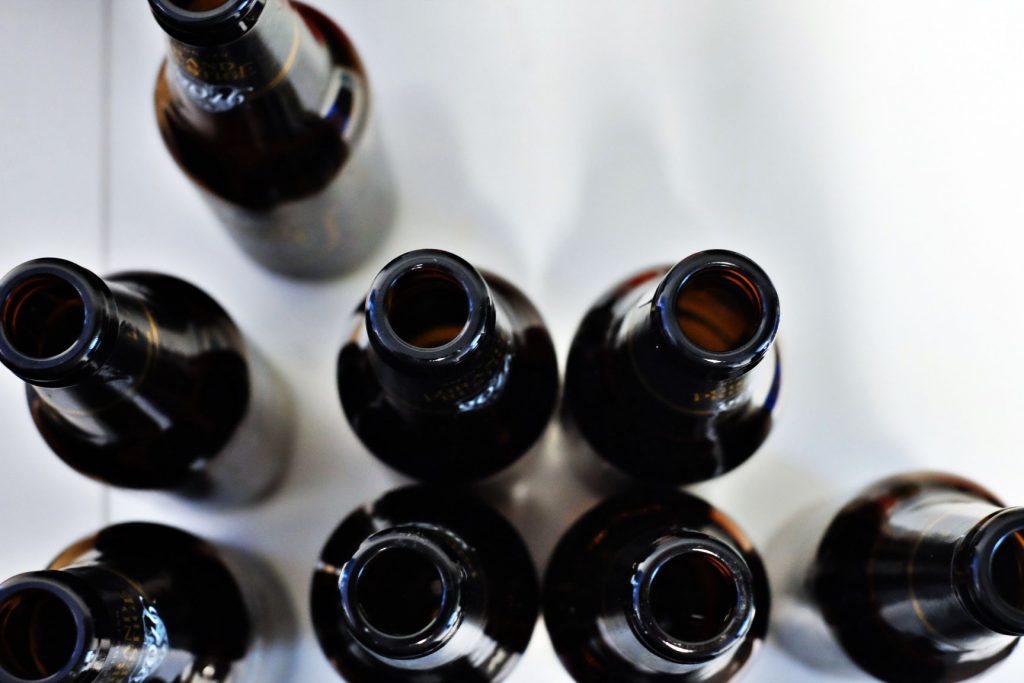2020 caused tremendous upheaval in everyone’s lives. Did you feel tempted to start or resume drinking alcohol, to deal with the stress?
You weren’t alone. According to a RAND Corporation study in September 2020, alcohol consumption increased by 14% among adults over age 30, compared to the same time in 2019. That is an enormous jump in just 1 year!
Another study from the University of Texas’ Health Science Center found that alcohol consumption went up 19% among “binge drinkers” (those who drink more than 4 drinks within 2 hours) for EVERY WEEK of lockdown.
Now, to say 2020 was stressful would be a legendary understatement. We’ve never faced a situation like it, and we’ll have to deal with its repercussions for years.
Now is a good time to remind ourselves not to fall back on bad habits. Overeating, biting our nails, sleeping too much…and drinking.
Being a rehab center, we aren’t qualified to address overeating or biting nails. We are however qualified to address drinking in times of stress – and the rehab that comes from alcohol addiction!
Our message with this post: It’s okay to feel tempted to drink. But it’s not healthy to give in to that temptation, and risk negative consequences across all aspects of your life.
Instead, if you feel tempted to drink while stressed, choose another activity to do first. This post will help you understand the why, and give you some healthy activity options.
Why We Drink When Stressed
Often referred to as a “social lubricant,” alcohol has a reputation for lowering inhibitions and relaxing the mind. There’s some truth to this…alcohol is a sedative, and a depressant that affects the central nervous system.
At first, drinking can make you feel better, more relaxed, and even more confident. Given all this, it’s not surprising that so many people turn to drinking when stressed.

The thing is, drinking doesn’t resolve the stress. It just masks it, or numbs it for a while.
If you’re familiar with treatment for alcoholism, you know that this is where the danger lies. For those of you who haven’t gone through treatment, here’s what happens, and why it’s so tempting.
What Happens When You “Stress Drink”
“A drink or two” doesn’t relieve stress in anything but the moment. Life’s still life. Many things are out of control (and that’s okay!). It’s an easy, brief escape…but it’s not a solution.
In fact, alcohol can even worsen your stress. Yes, you can have a few drinks and forget your troubles for a little while. However, after you’ve stopped drinking and the alcohol’s effect on your brain wears off, your body has to readjust itself. It switches the hormone levels alcohol affects “back to standard.”
This change can make you feel worse than you did before drinking. Sometimes for hours!
For some, this triggers them to drink again. And again. Escaping becomes a habit. They end up dependent on the alcohol physically and mentally. They “drink their troubles away,” not aware that their life’s crumbling all around them.

If you’re facing this situation after recovering from alcohol addiction, you’re up against a different sort of danger: Relapse.
Stressful situations stoke fear. You’re uncertain of what to do. The body ramps up its “fight or flight” response. Your brain may start to whisper, “We didn’t feel this way when we drank.”
The urge to drink can return, as its original temptation – an escape from stress. This is how stress-drinking can lead you back into addiction behaviors.
What do you do to stop it?
How to Avoid Depending on Alcohol When Stressed
Remember that alcohol doesn’t “get rid of” stress. The stressful situation is still there waiting for you. However, you CAN tackle stress itself. When you address stress directly, you negate the temptation to drink, and improve your own mental health at the same time. It can take effort, but there’s a big reward waiting.
Here are a few ways proven effective by research and our own professional experiences:
- Do breathing exercises. Stress has a physical component to it. Taking slow, calming breaths is the simplest and strongest physical countermeasure you can use.
- Try facing stress in a different way. The list is endless – exercise, reading, talking with friends, cooking/baking, hobbies, etc.
- Take care of your emotions. Meditation works well for this, as does journaling.
- Ask for help. Your support system is there to guide you. We hold aftercare meetings (both in-person and virtual) for exactly this purpose.

Reduce Stress Directly, Instead of Stress-Drinking (and Risking Your Sobriety)
The combination of stress and drinking can take a much greater toll on you than just stress alone. It’s tempting to have “just one drink,” yes, but as you can see, you’re only making the problem worse.
Instead, let’s tackle stress directly. Yoga, meditation, time with loved ones, talking with your support system…all much more effective.




